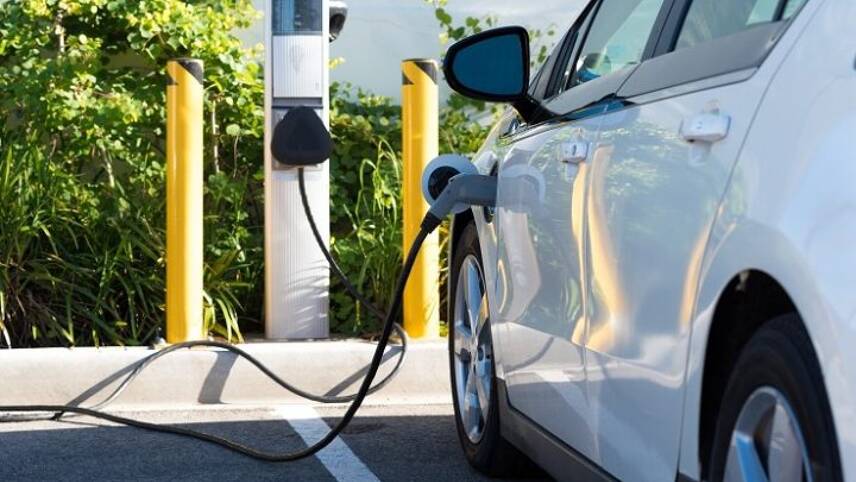Register for free and continue reading
Join our growing army of changemakers and get unlimited access to our premium content

The new electric vehicles guide, produced in association with EDF, provides an in-depth summary of EVs, which are expected to account for 54% of all new vehicle sales globally by 2040.
— READ THE ELECTRIC VEHICLES GUIDE HERE —
With businesses looking to transition from Internal Combustion Engine vehicles to EVs within the next one to two purchasing cycles, this guide provides an overview on how firms can achieve a successful implementation of EVs – and the various financial, corporate and employee-related issues to consider.
A number of key questions need to be answered before any business embarks on the EV transition. What is the current market status of EVs in the UK? Are EVs suitable and appropriate for all organisations? And what are the potential business benefits of investing in EVs?
The 11-page guide answers all of these questions and more to help sustainability professionals understand the key considerations when switching to an EV fleet.
The report concludes with an industry viewpoint written by EDF’s EV Lead, Phil Valarino, who offers his outlook for the UK’s EV market.
He said: “We see 2020 being the year of real change. Cost is being driven down as lithium comes down in price and the government is offering great incentives to support businesses in electrifying their fleets. The UK government’s Workplace Charging Scheme can dramatically reduce the cost of installing charging units in your organisation’s car park.
“From April 2020, the government will make EVs exempt from company car tax. This could equal significant savings, potentially in the thousands, for company car drivers, and makes this an ideal time to convert your fleet to EV.”
The business guide is available to download for free now. Download the guide here.


Hmm, not sure I would class 43kWh as rapid, fast yes. Also nothing said about up to 20% of electricity going into your vehicle will be lost as heat yet you pay for it. Little said about cost of connection to electricity grid if depot charging which affects the economics. Batteries don t slowly deplete their either work or fail – then the second user discards the failed ones and reutilises the good ones. Finally say cost is 3p pee mile is not fully correct given the cost of third party recharging that a business user nay very well have to utilise where charges are typically 25-70p/kWh plus connection fees compared to 9p/kWh at home…We need open facts if we are to properly engage with customers…Disappointing